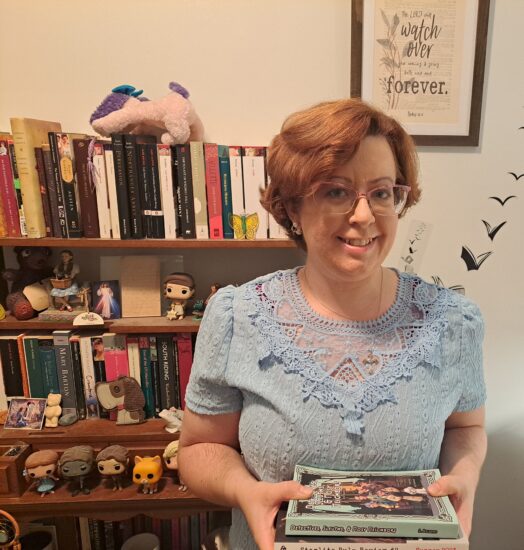 Shutterstock / GoodIdeas©
Shutterstock / GoodIdeas©We read lots of stories on the Fiction desk, and the ones we reject often contain recurring story flaws.
Here are three of the most common ones we come across.
Inappropriate storylines
The “Friend” is always open to topical storylines, especially storylines that affect everyday people. After all, we want the reader to be able to relate to the fiction content.
For example, we publish stories about dealing with sorrow and illness.
Mental health issues were part of Moira Gee’s superb recent serial, “The Ties That Bind”. Marital disharmony is another storyline that writers often tackle.
But . . . and this is the important part to remember, there has to be a message of hope tied to these storylines.
I always say to my writers, it’s not the subject matter you should be wary of, it’s how you handle it.
Don’t let your writing become downbeat. Strike a chord with the readers and make them feel good about life.
Stilted dialogue
When it comes to characterisation, dialogue is one of the most important elements in bringing characters to life.
This means tapping into a character’s psyche – what’s the character’s background, the desires and goals. All these elements will make the character believable to the reader.
If you read dialogue aloud, flaws will often become apparent. As a writer, give characters beating hearts, so it’s more than the words that matter – it’s the meaning behind them.
No story goal
An often quoted phrase on the Fiction team is, “What’s the story about?”
As a writer, this is important to remember as it will quickly identify characters’ goals.
If you write about a magician, give the magician more than mere magic tricks to do. Give them a purpose in the story – a special trick that requires extra effort in order to succeed.
You want the reader to cheer on characters from the side-lines, not watch as a neutral spectator.
Avoid predictability. Whether characters achieve their goals or not isn’t as important as the motivation that drives them forward.
Make characters active, not passive, instigating events rather than reacting to them.
To find out more about what we look for in a story, download our writers’ guidelines.




